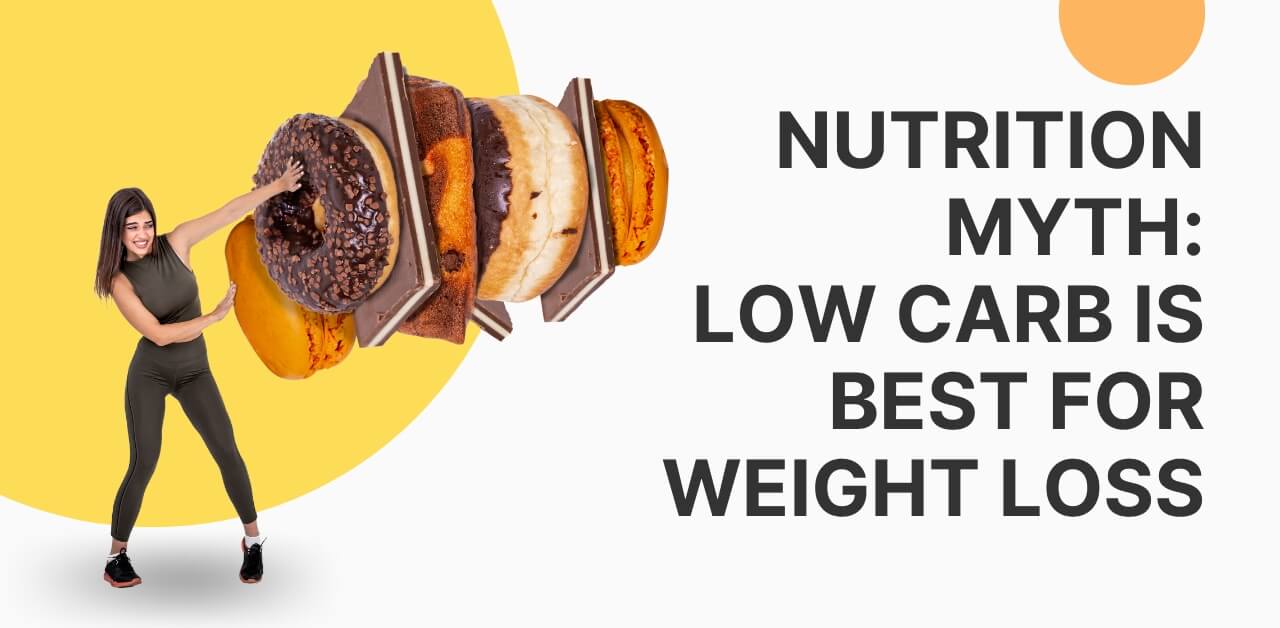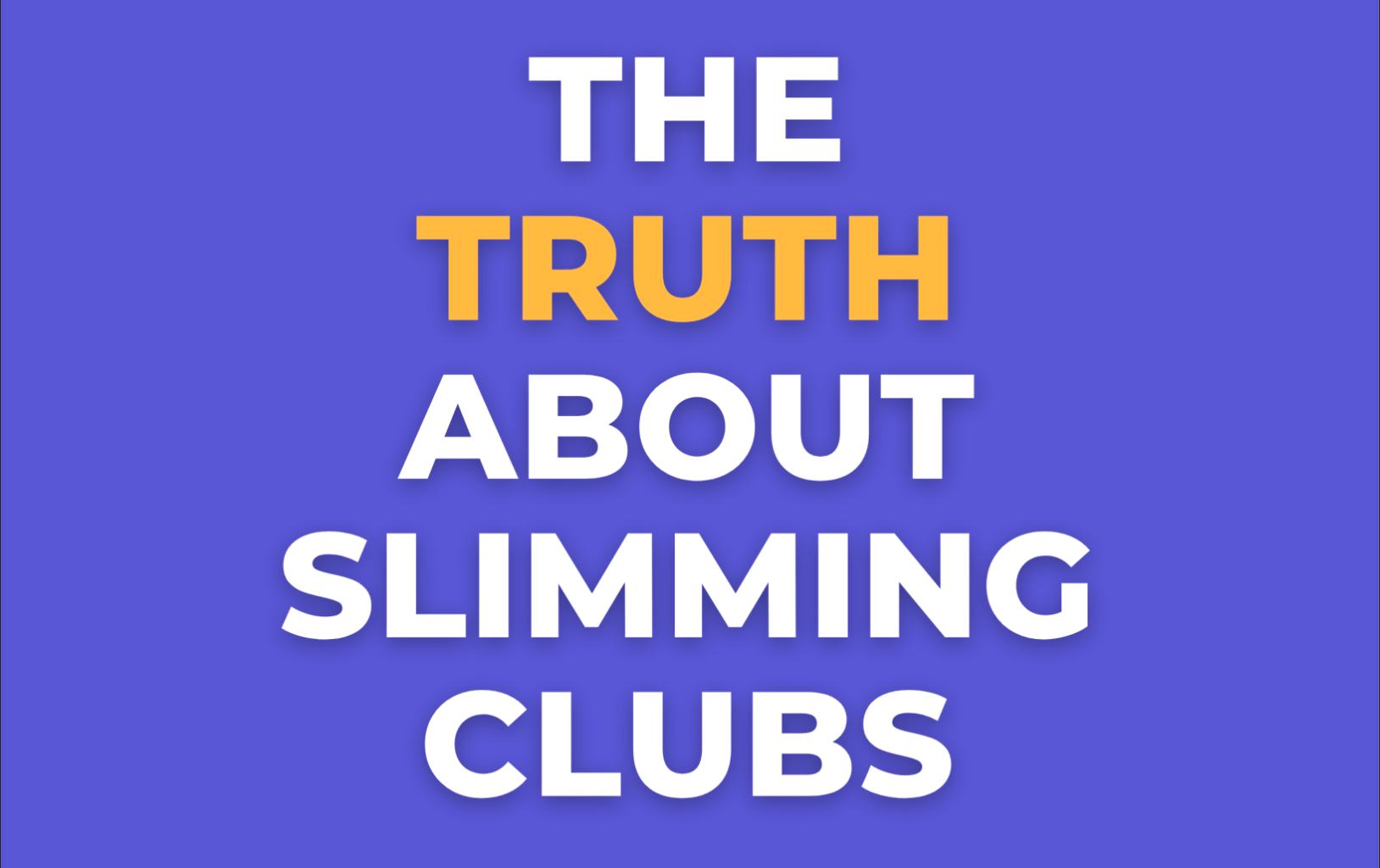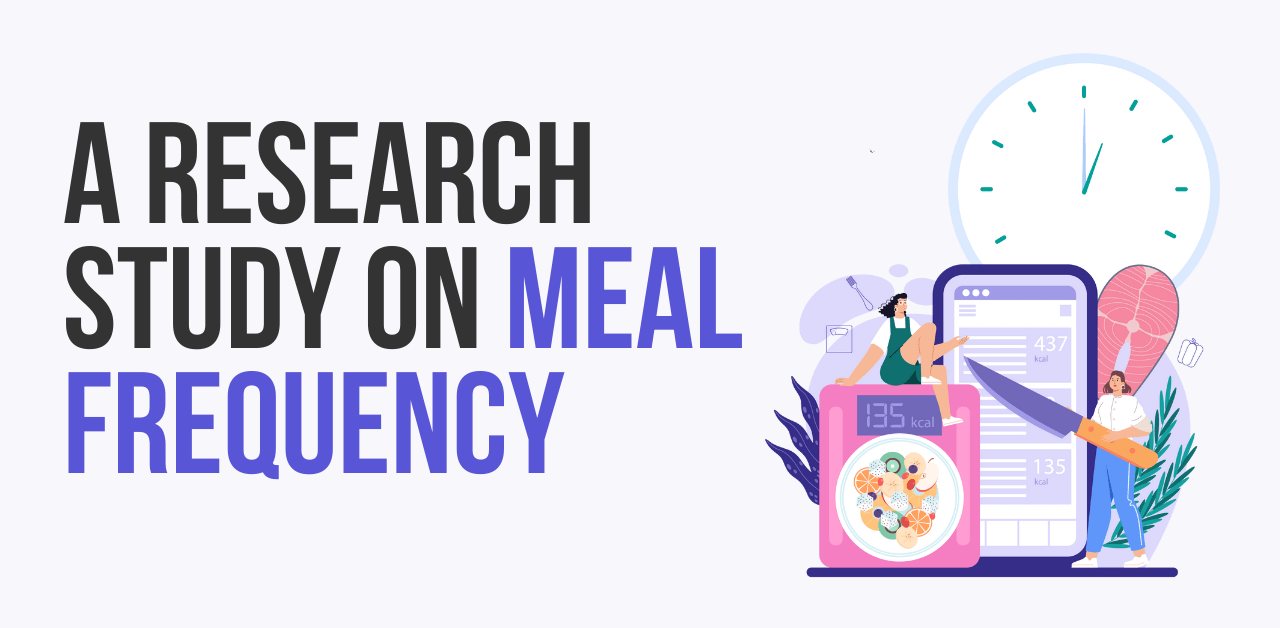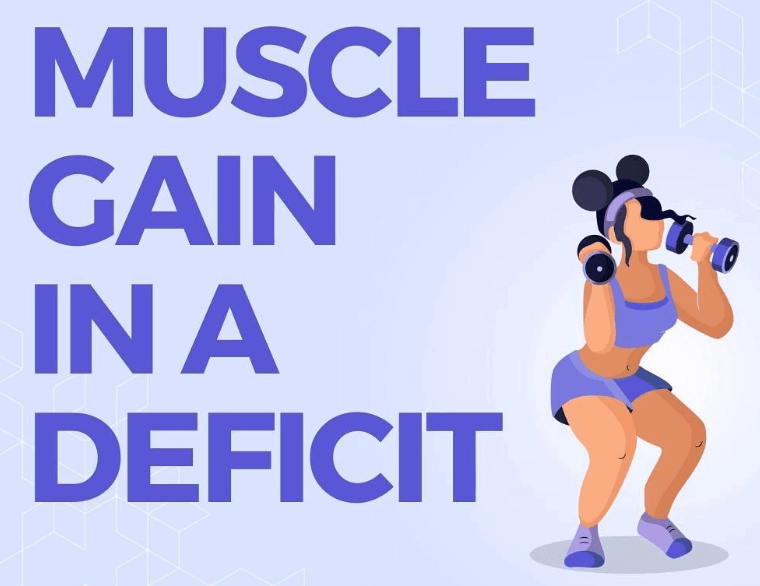-
Nutrition Myth: Low Carb is Best for Weight Loss

The ratio of carbs to fat in a diet doesn’t affect weight and fat loss. Given an equal amount of energy consumed, and assuming you are in an energy (calorie) deficit, you’ll lose the same amount of weight whether you follow a high-carb or high-fat diet. PMID: 23035144, 26527511, 16476868, 9497169, 1734671 Let’s look at…
-
How Fibre Can Help Weight Loss And The Benefits

Fibre refers to carbohydrates that your gut cannot digest. It is classified as either soluble or insoluble, depending on whether it dissolves in water (soluble) or not (insoluble). Insoluble fibres function mainly as bulking agents, adding content to your stool. In contrast, certain types of soluble fibre can significantly affect health, metabolism and weight. DOI:10.4172/2155-9600.1000476…
-
The Truth About Slimming Clubs

We asked 1,800 women who have been part of slimming clubs a range of questions about their experiences, health, success, opinions and so forth. Once we collected all the data, we handed it over to a data scientist to clean up and draw comparisons between questions. The aim is to find clear correlations, patterns or…
-
A Research Study On Meal Frequency

Meal Frequency Popular advice for weight control advocates the consumption of small, frequent meals. However, the science supporting this as an effective weight control strategy is lacking, and studies examining the effects of eating frequency on body weight have shown mixed results. Prospective studies have also shown NO association between eating frequency and weight change.…
-
Exercise For Mental Health: Interesting Studies
Does exercise really improve our mental health? In short, yes. But here are the details A 2020 study of 32 subjects who were divided into exercise, expressive writing and control group found that 73.68% in the exercise group demonstrated improvements in depressive symptoms compared to 45.8% in the writing group. PMID: 32528333 A 2015 study…
-
Do “Diets” Really Work? What Does The Research Say?

Dieting is a multibillion-dollar global industry. In a 2015 study, it was estimated that weight loss programs, products, and other therapies generated more than $150 billion in profits in the United States and Europe combined. The global weight loss market is predicted to reach $246 billion by 2022. PMID: 25614198 One study found that the…
-
Muscle Gain In A Deficit

People often want to lose fat and build muscle. Unfortunately, these goals generally lead to contradictory recommendations for caloric intake. Short-term energy deficits impair anabolic hormones and muscle protein synthesis (muscle building) However, the effects of prolonged energy deficits on resistance training outcomes remain unexplored. AIM OF THE STUDY A 2022 meta-analysis (an analysis that…
-
Simple Habits To Improve Your Life: Tried And Tested

GRATITUDE 🙏 In positive psychology research, gratitude is strongly and consistently associated with greater happiness. Gratitude helps people feel more positive emotions, relish good experiences, improve their health, deal with adversity, and build strong relationships. People feel and express gratitude in multiple ways. Those who express gratitude increase well-being, focus more on what’s working and…
-
A Study On Micronutrient Deficiencies

It’s common to find women who are deficient in specific micronutrients (vitamins and minerals). Some micronutrients are critical for some aspects of health such as performance, fat loss or bone health. A number of common nutrient deficiencies are frequently seen in this population including inadequate intakes of B12, iron, zinc, calcium, Vitamin D and magnesium.…
-
We Become Like The People We Spend The Most Time With

Research proved that we become like the people we spend the most time with. The first major study on the depth of social influence was conducted and examined from the Framingham Heart Study, one of the largest and longest-running health studies ever (20-30 years). Participants were probed with all sorts of demographic questions, including questions…